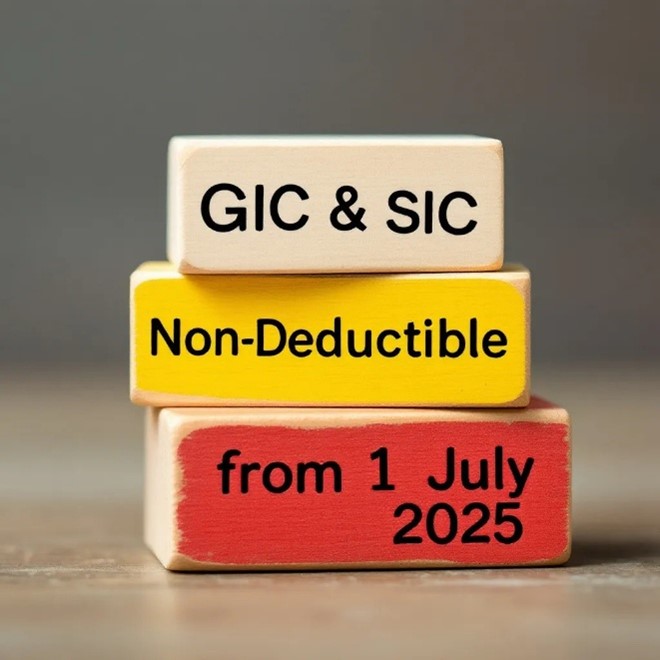Proposed revisions to the deductibility of general interest and shortfall interest charges have been outlined as part of the 2023-24 Mid-year Economic and Fiscal Outlook. According to the Federal Government, starting from 1 July 2025, general interest charges (GIC) and shortfall interest charges (SIC) will no longer be deductible. The rationale behind eliminating these deductions is to encourage taxpayers to accurately assess their tax liabilities and make timely payments. This proposal, presented in the Treasury Laws Amendment (Tax Incentives and Integrity) Bill 2024, if enacted as is, will have significant implications for taxpayers.
While the upcoming Federal Election might affect the timeline or implementation of this change, it is imperative for advisors to assess the potential impact on their clients.
Under the current system, taxpayers incur SIC when the Commissioner issues an original assessment for a taxpayer who filed after the due date or when an original tax assessment is amended, resulting in additional tax payments. SIC accrues daily during the period of a tax shortfall, starting from when the primary tax under the original assessment was due or should have been due. Similarly, GIC applies to unpaid tax debts and shortfalls, accumulating from the original tax due date until the debt is settled.
The rates for SIC and GIC were initially set higher than commercial rates to motivate taxpayers to pay their tax debts on time. Both charges compound daily and are linked to the 90-day Bank Bill rate with uplift factors. As of the January – March 2025 quarter, the SIC rate stands at 7.42%, and the GIC rate is 11.42%.
The proposed change not only makes these charges non-deductible but also maintains the existing high interest rates. Taxpayers will face both a punitive interest rate and the loss of deductibility. Given the updated rates, taxpayers may need to adjust financial plans accordingly.
The concept of when SIC/GIC charges are “incurred” impacts their deductibility. While charges accumulate daily, they are only deductible when actually incurred. An impending liability arises after a notice of assessment or amended assessment is served, indicating an increase in the primary tax payable along with SIC or GIC assessments. If the proposal is implemented without changes, taxpayers could see elevated tax liabilities due to the retrospective impact of these alterations.
Taxpayers with outstanding tax debts or those on ATO payment plans will continue to accrue GIC. Any GIC accumulated after 1 July 2025 on existing liabilities will no longer be deductible, even if the primary tax debt predates this date. Repaying tax debts sooner rather than later could mitigate the financial consequences of losing deductibility for SIC/GIC charges.
Taxpayers undergoing reviews or audits may be affected by these changes, especially for amendments made after 1 July 2025 on prior year assessments. Considering the statutory amendment period and potential risks, taxpayers may opt to expedite current reviews to address any interest costs before the new rules take effect. Proactive engagement with the ATO and ensuring timely lodgment of returns can also help manage tax obligations effectively.
The deduction of interest incurred by a business to pay income tax is generally permissible. However, specific limitations exist on deducting expenses related to borrowing money to cover tax obligations. For business taxpayers seeking alternative financing options for tax debts, careful consideration is advised.
While taxpayers can request GIC/SIC remissions from the Commissioner, this process is not automatic and depends on individual circumstances. If a remission request is denied, recourse is limited to appealing to the Federal Court, a complex and resource-intensive endeavor.
In conclusion, the proposed changes to SIC/GIC deductibility starting from 1 July 2025 present challenges for taxpayers. Taking proactive steps, evaluating tax positions, and planning ahead are crucial to navigating the financial impact of these revisions.






